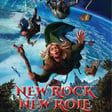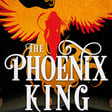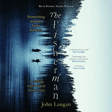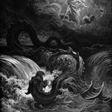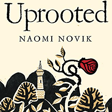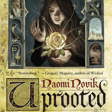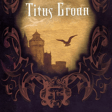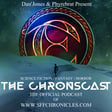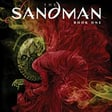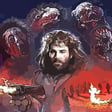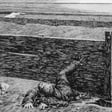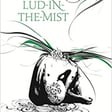
Watership Down with RJ Barker
So! After a few technical hitches and delays our bumper new episode is finally up. The Big Peat and I are joined by the award-winning fantasy author RJ Barker, whose novel The Bone Ships won the British Fantasy Award for Best Novel in 2020. Together we rabbit on about Richard Adams's 1978 classic piece of children's fantasy literature, Watership Down.
Watership Down follows a group of rabbits who, led by the reluctant but resourceful leader Hazel, leave the safety of their warren after Hazel's younger brother Fiver, has a Cassandra-like premonition of a catastrophe befalling their home. So, joined by the doughty enforcer Bigwig, who loves nothing more than a scrap, the storyteller Dandelion, the quick-witted Blackberry, and a ragtag bunch of others, they embark on an odyssey to find a new home. A few square miles of west Oxfordshire countryside becomes the canvas for an epic tale of adventure in which the rabbits encounter danger, despair, tragedy, unexpected friendships, tyranny, war, and peace.
With RJ we talk about the strange worldbuilding of the book, including rabbit language and mythology, the English countryside setting, and the various forms of social order presented by the different warrens found in the book. Elsewhere we talk about RJ's forthcoming book Gods of The Wyrdwood, his heavy metal roots, and his route into publishing. Along the way we discuss chimps, muppets, Goth make up, and how the film Excalibur saved RJ's life in Leeds.
The Judge gives us a follow-up to her talk on trial by combat with another, broader talk about early criminal trials, including trials by ordeal, and how this may be used in our writing and worldbuilding, and we hear the winning 75-word entry from April by emrosenagel.
Lastly, our roving reporters from Mars FM give us an interview with a chap who claims to have visited Venus and seen the most incredible creatures, who bear an uncanny similarity to something else encountered in this episode. Enjoy!
Next month
In July we'll be joined by Anne Perry, Director of Publishing at Quercus Books, a subsidiary of Hodder & Stoughton. Anne will be talking with us about Naomi Novik's beautiful and multi-award-winning 2015 novel Uprooted.
Index
[00:00 - 54:04] - RJ Barker Interview pt 1
[54:05 - 57:03] - skit 1
[57:04 - 1:17:04] - The Judge's Corner
[1:17:05 - 1:17:55] - Challenge winner
[1:17:57 - 1:21:53] - skit 2
[1:21:54 - 2:16:15] RJ Interview part 2
[2:16:16 - 2:17:54] credits and close



